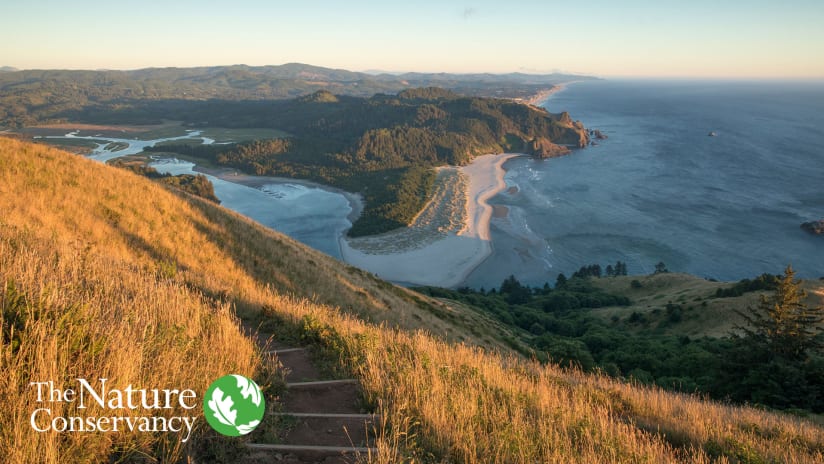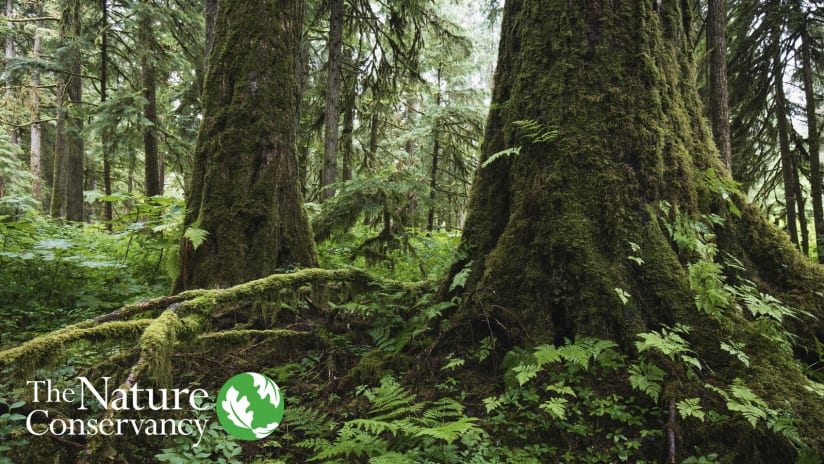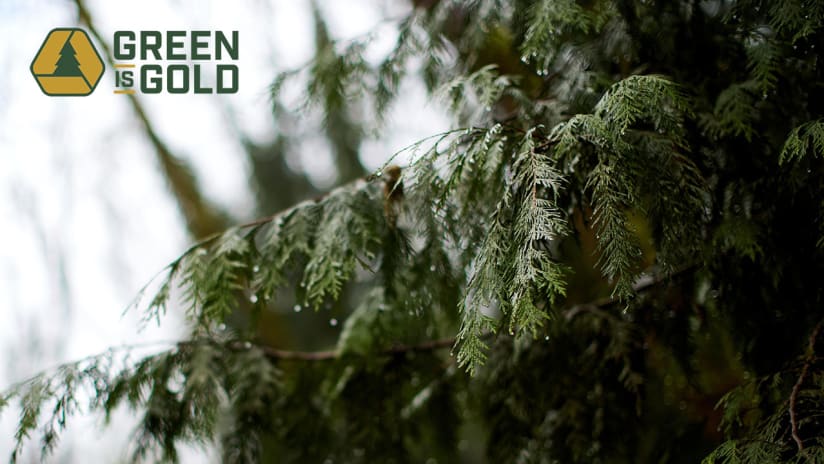April is Earth Month, and it is a time to reflect upon and celebrate our planet and its nature – both for its beauty and for all it provides. It’s also a time to learn about and take action to protect it.
The Nature Conservancy, a Timbers community partner through the new Nature Unites kit, is leading the way in nature conservation, addressing climate change, and protecting biodiversity work – here in Oregon and far beyond. This month, we’re taking the opportunity to spotlight some of TNC’s ongoing work and priorities to help people and nature thrive together.
Get to Know Oregon’s Marine Reserves
The Oregon Coast has sustained and inspired communities and visitors for centuries, and this beautiful backdrop provides value far beyond the views.
Oregon has five marine reserve sites, which are areas in the ocean dedicated to conservation and scientific research. Oregon marine reserves are located at Cape Falcon, Cascade Head, Otter Rock, Cape Perpetua, and Redfish Rocks, and serve important roles for both nature and people.
The Nature Conservancy’s Impact
In 2008, TNC joined the effort to create the five marine reserves off the Oregon Coast to serve as living laboratories. The research taking place at these reserves helps educate and inform how best to manage coastal waters and resources. TNC contributes to this research by measuring ocean water quality, monitoring species such as sea stars, and helping to educate the public.
These underwater preserves put nature first by limiting or restricting human activity and allow the study of the results of conservation efforts over time. They also provide refuge for many species and an opportunity for less abundant populations to recover.
In addition to the reserves, TNC is leading the way in the protection of the Oregon Coast through key initiatives, programs, and research.
Tracking Climate Impacts
The ocean acts as a sponge for carbon dioxide, soaking up more than one quarter of the global greenhouse gas emissions and 90 percent of the excess heat generated. This creates tremendous problems for marine life by warming and acidifying the water. Oceans are 30 percent more acidic today than they were 200 years ago.
TNC scientists have been collecting critical data to determine how the chemistry of the ocean is changing over time to develop plans for adaptation, protection, and restoration.
Securing Sustainable Fisheries
To help reduce the effects of overfishing and impacts of climate change to Oregon fisheries, TNC scientists are working closely with coastal fishermen and agencies to create and implement fishery management plans and climate change scenario plans. These actions will help secure the future of fishing communities, Dungeness crab and other important species. Also, TNC is working hand-in-hand with fishers to revolutionize the way fisheries data is collected.
Protecting Estuaries and Coastal Wetlands
Estuaries are among the most productive and important ecosystems on Earth. They serve as nurseries for dozens of species of fish, clams and oysters while providing critical habitat for migratory birds. Estuaries protect communities by absorbing storm surges and serve as natural filters to clean water while dense seagrasses store vast amounts of carbon. TNC has aided in major protection and restoration projects on the Coquille River and at the Kilchis estuary near Tillamook.
Changing Tide Gates to Save Salmon
Working with many partners, TNC has installed innovative new tide gates at Winter Lake on the Coquille River. The impact has been remarkable. Not only have the number of juvenile salmon dramatically increased, but the additional time spent in wetlands means the fish are reaching the ocean at twice the size of those prior to the improvements, dramatically increasing their survival rates.
Photo courtesy of Jennifer Emerling / The Nature Conservancy














